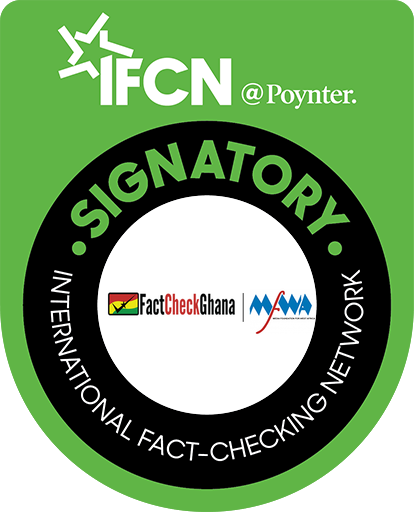ECOWAS Heads of State have ordered the military leaders in the region to organize and deploy troops into Niger to restore constitutional rule and reinstate the country’s ousted president, Mohamed Bazoum.
This decision was contained in a communique released on August 10, 2023, after the second extraordinary summit by the regional bloc’s leaders on the July 26 coup d’etat in Niger.
Communiqué of the Chairperson of the AU Commission in support of the 10 August 2023 ECOWAS decisions regarding Niger pic.twitter.com/KOkAHjtRTc
— Ecowas – Cedeao (@ecowas_cedeao) August 11, 2023
Among other things, the leaders of ECOWAS have resolved to:
Direct the Committee of Chiefs of Defence Staff to immediately activate the ECOWAS Standby Force with all its elements;
Order the deployment of the ECOWAS Standby Force to restore constitutional order in the Republic of Niger;
This order comes on the back of an earlier ultimatum which was defied by the ruling junta.
Since 1990, the 15-member regional bloc’s military arm, The Economic Community of West African States Monitoring Group (ECOMOG), has intervened in several conflicts in the region.
In this article, Fact-Check Ghana presents the countries in which ECOMOG has intervened in an attempt to restore democratic rule after a coup d’etat.
Sierra Leone
ECOMOG recaptured Sierra Leonean capital, Freetown, from a military junta led by Major Johnny Paul Koroma in 1998. Major Koroma toppled Ahmed Tejan Kabbah’s democratically elected government in 1997.
The regional bloc’s military arm attacked Major Koroma’s Revolutionary United Front (RUF). Under the command of Nigerian troops, ECOMOG reinstalled Kabbah as the leader of Sierra Leone. However, Human Rights Watch cited several abuses in a 1999 report during the intervention.
Guinea Bissau
After violence erupted in Guinea Bissau following an attempted coup, ECOMOG embarked on a ceasefire mission in 1998.
The combat was between government forces supported by neighbouring Senegal and Guinea against the coup leaders. The coup leaders had control over the armed forces.
Regardless of ECOMOG’s intervention, the hostilities were resolved after a peace agreement was reached in November 1998. The agreement was arrived at under the conditions that there will be a national unity government and new elections undertaken in 1999. However, fresh violent outbreak in May 1999 ruined the agreement.
Mali
In 2012, chaos erupted in Mali after a coup. Armed groups and insurgents rode on that to destabilize the northern part of the country.
Consequently, ECOWAS spearheaded an Africa-led International Support Mission in Mali (AFISMA) to help the Malian government fight against the rebels in 2013.
The mission was authorised by a UN Security Council resolution and its initial mandate was one year.
Although Nigerian troops dominated the military personnel sent by ECOWAS, several West African countries, including Gabon, Ivory Coast, Niger and Burkina Faso, also supported the peacekeeping mission.



